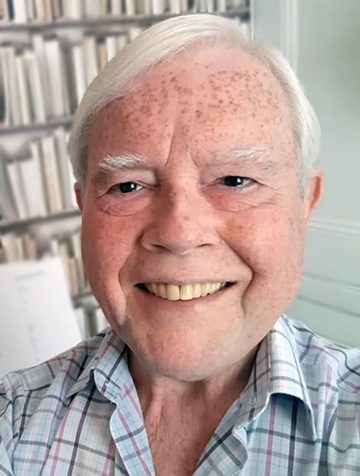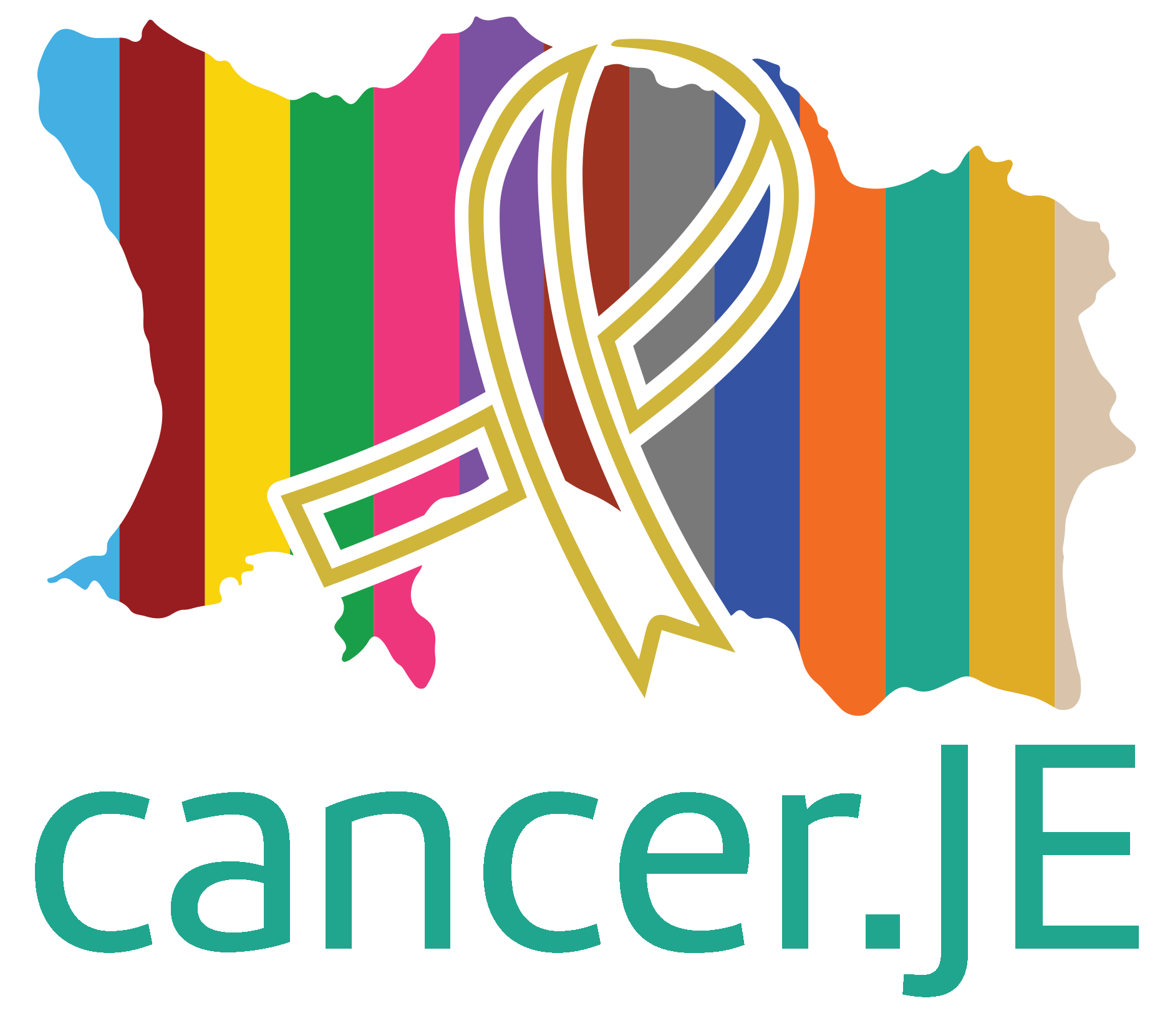How I live better... with prostate cancer!
Update 8 September 2024
Sadly today we became aware that the lovely Robert passed away at Jersey Hospice back in April, but we are glad that he received fantastic care there and passed away peacefully.
Message from Lorna:
I count myself very lucky to have met Rob and to have been on Macmillan's HOPE course with him. He was one of only two men in a group of younger women. He brought the fun and the laughs to our course evenings and, especially given he also had a huge passion for music, I could have talked to him for hours and hours (and did over pizza one evening).
We had some social events since the course and Rob joined us when he could, bringing along his lovely wife to one event as well. In the past 18 months we messaged occasionally over WhatsApp but, having not had a response for nearly 6 months I did worry that things were not going well for him. Today his wife checked his phone, found my last message and very kindly took the time to phone me and share the sad news.
We still socialise as a HOPE group and will undoubtedly raise a toast to Rob at our next catch-up. We are so grateful that he shared with us his kindness, humour and zest for life.
Rest in peace friend.


About Me
Now 75 and retired I came to Jersey from my native North East in 1972 to work in the finance industry. I met my wife Mary in 1981 and we have lived here happily ever since.


This treatment is not considered a cure. It starves the cancer of testosterone. In doing this it can reduce the size of the tumour and stop the cancer from advancing.
Prior to the radiotherapy, I received three small tattoos on my abdomen. They were lined up with three green laser lights on the radiotherapy machine. This was prior to the 20 sessions, each 10 minutes in duration.
Each radiotherapy session required me to have empty bowels and a full bladder. This ensured the radiotherapy beam did not damage non-cancerous areas.

The main problem was with anxiety and depression which hit me very hard. Ironically this happened at the point when the cancer was under control. When my treatment was just one injection every three months.
Macmillan also support a prostate cancer group which meets at least every month. And I attended a Macmillan HOPE (Help to Overcome Problems Effectively) course. There I met other people coping with cancer and its side effects. It was a six week course of two hours per session and it was incredibly rewarding and helpful.

I am very fortunate as I feel well and I am enjoying life again. This is thanks to a combination of people. My amazing wife Mary who has been by my side and supported and encouraged me throughout. Our families and friends. The medical people. And the wonderful cancer support groups who give their care and time to people like me.
The perception is that prostate cancer is a slow moving condition. That most sufferers die of something else. This is true in many cases. Others are very aggressive but early treatment can sometimes eradicate them.

Charity & Group Support Accessed
